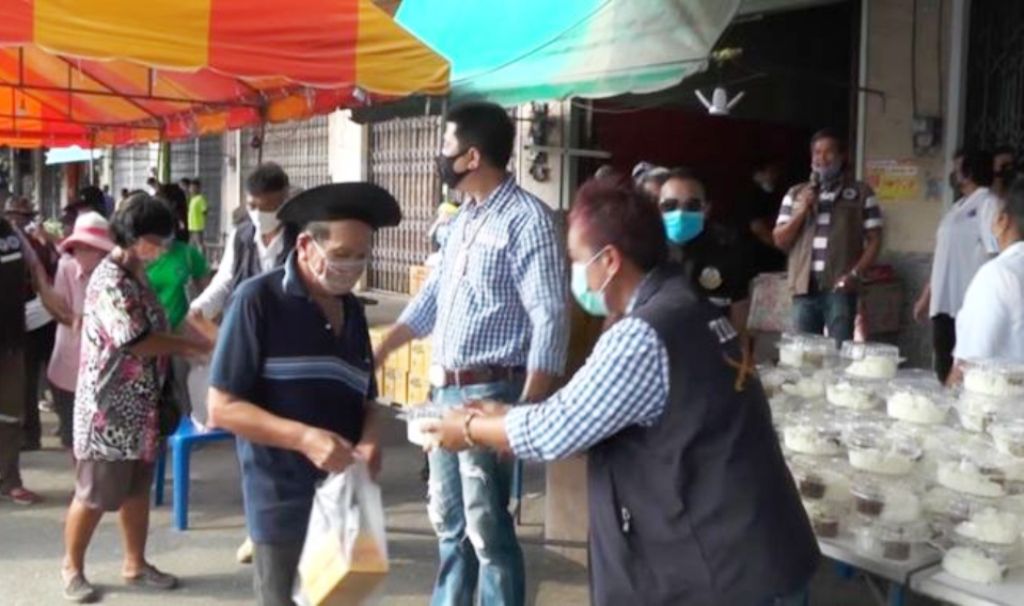News
Ten of Thousands of People Plunged into Poverty in Thailand

A recent study has found that the governments lockdowns and emergency decree decisions have plunged hundreds of thousand of people into poverty in Thailand. The study on the social and economic impacts of the public health crisis was commissioned by the Thailand Science Research and Innovation (TSRI).
It also suggested solutions and recommended relief measures for those facing hardship from the pandemic.
The findings were discussed at a recent forum attended by scientific researchers and experts.
Somchai Jitsuchon from the Thailand Development Research Institute, who carried out the research, said the study analyzed the governments Covid-19 response and its impact on poverty. With a focus on vulnerable groups such as women, children, the elderly, the disabled, the homeless and migrant workers.
The unemployment rate rose to 1.97% in the second quarter of last year, from 1.03% in the first quarter, meaning about 700,000 people were jobless.
Although Thailand’s unemployment figure was up in the second quarter, the increase was not substantial. This was because workers were furloughed or had their working hours cut and so technically they did not lose their jobs.
According to the central bank, people go into “quasi-unemployment” when they work less than four hours a day. Mr Somchai said the quasi-unemployed numbered around 5.4 million in the second quarter of last year, as estimated by the central bank.
Growing Poverty and huge household debt in Thailand
On average, working hours dropped from 41 hours a week in the first quarter of last year to 39 hours per week in the second quarter. The general slump in income has pushed up poverty with the World Bank forecasting the number of poor rose by 780,000 people last year.
The third Covid-19 outbreak at the start of April looks to have further exacerbated the poverty situation. The worst affected are workers aged 40 years and older with little education, who are also technologically illiterate.
They are least able to adjust to the demands and changing conditions of employment as the crisis has reshaped the way businesses and companies operate. The crisis has accelerated the pace of disruptive technology with companies adopting new-normal practices that rely heavily on communication tools and technology evident in the work-from-home arrangement.
At the same time, low and middle-income households are in more debt and the pandemic has drained the little financial security they had, the researchers said.
Mr Somchai said the government should take a look at the social impacts of the crisis on vulnerable groups and help mitigate them. The measures should be highly adaptable and the availability of the vaccine should be prioritised for these groups, he added.






























